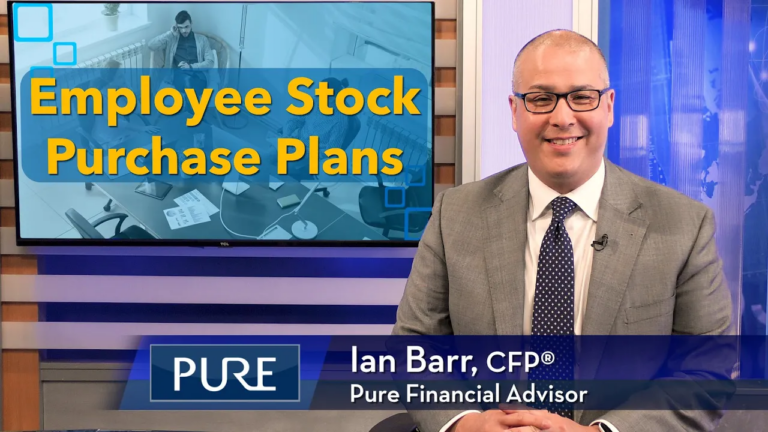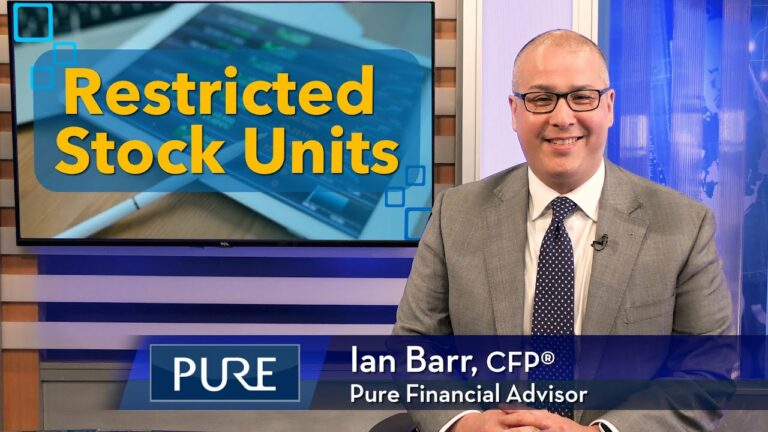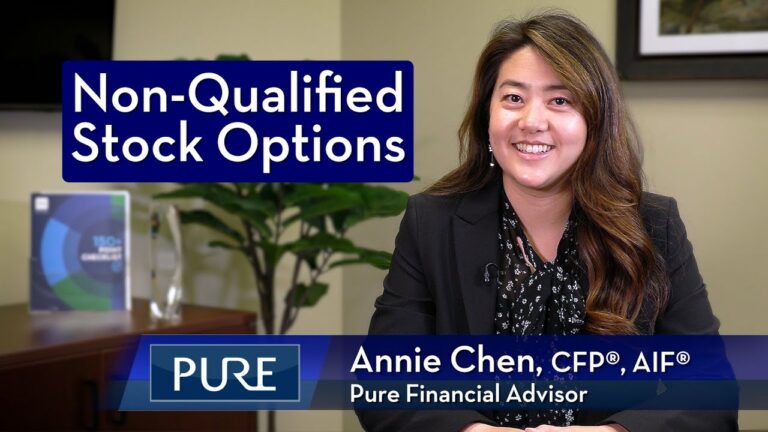Investing in real estate is a strategy for generating passive income and achieving long-term property appreciation. It provides a means of diversifying your portfolio, with various options available for both beginner and experienced investors. Pure’s Senior Financial Advisor Bryan Ross, CFP®, AIF®, outlines five essential steps to help you get started on your real estate investment journey.
- Becoming a Landlord
- Flipping Homes
- Buy a REIT
- Buy a RELP
- Crowdfunding
FREE GUIDE | 10 Tips for Real Estate Investors
Transcript
Real estate can oftentimes prove to be a lucrative investment, offering income in the form of rent, and capital appreciation if you sell property at a profit. It’s also a great way to diversify your portfolio with an asset that’s influenced differently than traditional stocks and bonds. Real estate investments are more accessible than ever before to the everyday individual. Here are five ways to get started.
#1: Becoming a Landlord
This is probably the most classic way to invest in real estate. The goal is to buy a single or multi-unit dwelling, rent it out, and generate income from the rents if the overhead is low. This can provide a steady stream of tax-efficient income, and the property can always be sold in the future if liquidity needs arise.
Pros:
- Direct control over property
- Property appreciation
- Tax efficient income
Cons:
- Property management or maintenance required
- Tenant issues (like late payments, etc.)
- Property vacancy
#2: Flipping Homes
So, similar to buying a home, you can flip a home. A strategy where you buy a property, oftentimes a distressed property, fix it up, and sell it for a higher price after making improvements.
Pros:
- Fast return on investment
- Control over potential increase of property value
- Repeated with relative ease
Cons:
- Unforeseen costs
- Labor intensive
- Illiquidity for a period of time
#3: Buy a REIT
Now, another way of owning real estate without actually buying property is buying a REIT. A Real Estate Investment Trust is a company that owns and/or operates income producing real estate. Oftentimes these companies own a portfolio of various types of real estate holdings such as office space, multi-family apartment complexes, healthcare facilities, or shopping centers. Individuals can easily access REITs through a mutual fund or ETF offering. Investors purchase shares of a REIT and earn a proportionate share of the income produced by those assets.
Pros
- Real estate investment without owning/operating property
- Minimum investment requirements
- Market diversity
- Traded on public exchanges
Cons
- No control over property
- Loss of tax benefits related to personal ownership
- Carries fees and expenses to be aware of
#4: Buying a RELP
RELP is Real Estate Limited Partnerships, are similar to REITs in the sense that they provide investors with a diversified portfolio of real estate investments, but they are primarily a form of private equity, and not traded on the public exchanges. Instead, they set a term. Like a small company, these groups identify properties to purchase and/or develop, manage, and eventually sell off with the profits distributed along the way. When all the holdings are sold off, the partnership dissolves.
Pros:
- Passive income with no decision making or day-to-day maintenance required
- Income and losses pass through to individual investors
- Deductions for depreciation and mortgage interest
- Reduce legal liability
Cons
- Very limited control
- Illiquidity
- Relies on expertise of the general partner for success
#5: Crowdfunding
A strategy that allows investors to band together to raise capital, typically online, to buy real estate properties or fund development projects. There are numerous online platforms today that allow individual investors to get started.
Pros
- Low-cost access
- Passive income
- Deals are professionally vetted
- Access to commercial properties
- Not just residential
Cons
- Illiquidity
- Loss of tax benefits
- Various fees and expenses
A perk of real estate investments are the tax benefits.
- Deduction on expenses – the IRS allows you to deduct expenses directly related to the operation, management, and maintenance of the property. You can also write-off what you paid to run your real estate investment business; these are called Qualified Business Expenses.
- Depreciation – You can deduct the incremental loss of an asset’s value over time, generally due to wear and tear. This will lower your taxable income and possible reduce tax liability.
- Pass-Through Deduction – When you own real estate as a sole proprietor, in a partnership, or through an LLC or S Corporation you can deduct up to 20% of your Qualified Business Income (or QBI) on your personal taxes.
- Capital Gains – Probably one of the biggest benefits. When you sell the asset at a profit, so long as you’ve held the property for longer than one year you are subject to long-term capital gains tax rates. These types of gains have a significantly lower tax rate than your ordinary income.
- Avoid FICA – Real estate investors are not required to pay FICA tax, otherwise known as Social Security and Medicare taxes.
Investing in real estate is a great way to generate passive income and long-term property appreciation. It’s a great hedge against stock market volatility, and there are a variety of options available today so anyone can get started. Keep in mind that real estate in general is a relatively illiquid asset. It can take a while for the investment to pay off, so it’s better to think of it as a long-term investment.
If you would like help in determining how real estate can play a role in your overall financial plan contact Pure for a free financial assessment.
Subscribe to our YouTube channel.
IMPORTANT DISCLOSURES:
• Investment Advisory and Financial Planning Services are offered through Pure Financial Advisors, LLC, a Registered Investment Advisor.
• Pure Financial Advisors LLC does not offer tax or legal advice. Consult with your tax advisor or attorney regarding specific situations.
• Opinions expressed are subject to change without notice and are not intended as investment advice or to predict future performance.
• Investing involves risk including the potential loss of principal. No investment strategy can guarantee a profit or protect against loss in periods of declining values.
• All information is believed to be from reliable sources; however, we make no representation as to its completeness or accuracy.
• Intended for educational purposes only and are not intended as individualized advice or a guarantee that you will achieve a desired result. Before implementing any strategies discussed you should consult your tax and financial advisors.
CFP® – The CERTIFIED FINANCIAL PLANNER™ certification is by the Certified Financial Planner Board of Standards, Inc. To attain the right to use the CFP® designation, an individual must satisfactorily fulfill education, experience and ethics requirements as well as pass a comprehensive exam. Thirty hours of continuing education is required every two years to maintain the designation.
AIF® – Accredited Investment Fiduciary designation is administered by the Center for Fiduciary Studies fi360. To receive the AIF Designation, an individual must meet prerequisite criteria, complete a training program, and pass a comprehensive examination. Six hours of continuing education is required annually to maintain the designation.











